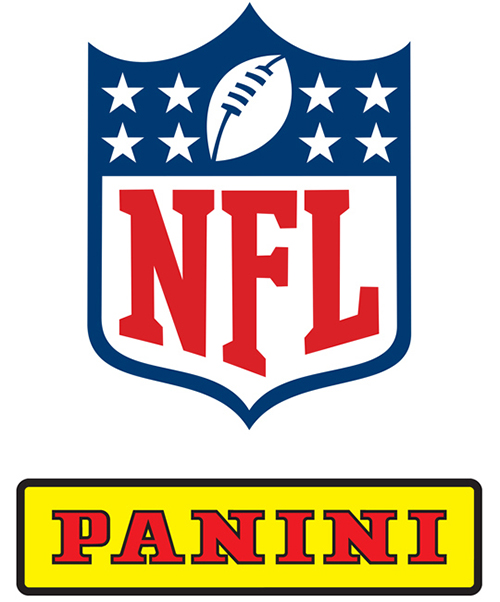Lloyd Howell’s debut as the NFL Players Association’s executive director has hit a stumbling block, leaving the association staring at a whopping $7 million bill to trading card giant Panini. The salvo was fired after an arbitration ruling determined the NFLPA’s termination of its exclusive trading cards deal with Panini last year breached contractual obligations, as reported by Eriq Gardner of Puck.news.
The rift began when the NFLPA severed ties with Panini in response to key Panini employees defecting to rival company Fanatics. Citing a “change in control” clause as justification for ending the contract, the NFLPA swiftly found itself embroiled in a legal tussle with Panini, which argued that the move was a mere facade to facilitate a switch to Fanatics. In a unanimous decision, the arbitrators sided with Panini, echoing the sentiment that the NFLPA’s actions not only flouted legal responsibilities but also betrayed its dedication to collectors, fans, and members.
David Boies, Panini’s attorney, minced no words in criticizing the NFLPA’s conduct, emphasizing the detrimental impact of the termination on both financial and ethical grounds. Boies asserted that the move had not only cost Panini millions in damages and lost royalties but had also underscored a breach of the NFLPA’s fiduciary duties to its members. The financial blow would have been graver had Panini not prioritized the interests of fans, collectors, and players by continuing to produce trading cards despite the termination dispute.
While Fanatics assumed a spectator’s role in the arbitration proceedings, Panini has taken an offensive stance by filing a separate lawsuit against them, alleging antitrust violations and tortious interference. Amidst the legal quagmire, the NFLPA has remained tight-lipped, declining to provide any comments on the matter to Puck.news.
With significant financial ramifications and broader implications on its governance and stakeholder commitments, this debacle serves as a wake-up call for the NFLPA. The fallout from this dispute not only tarnishes its financial stewardship but also raises pertinent questions about its decision-making processes and fiduciary responsibilities to its members, fans, and the trading card community at large.

